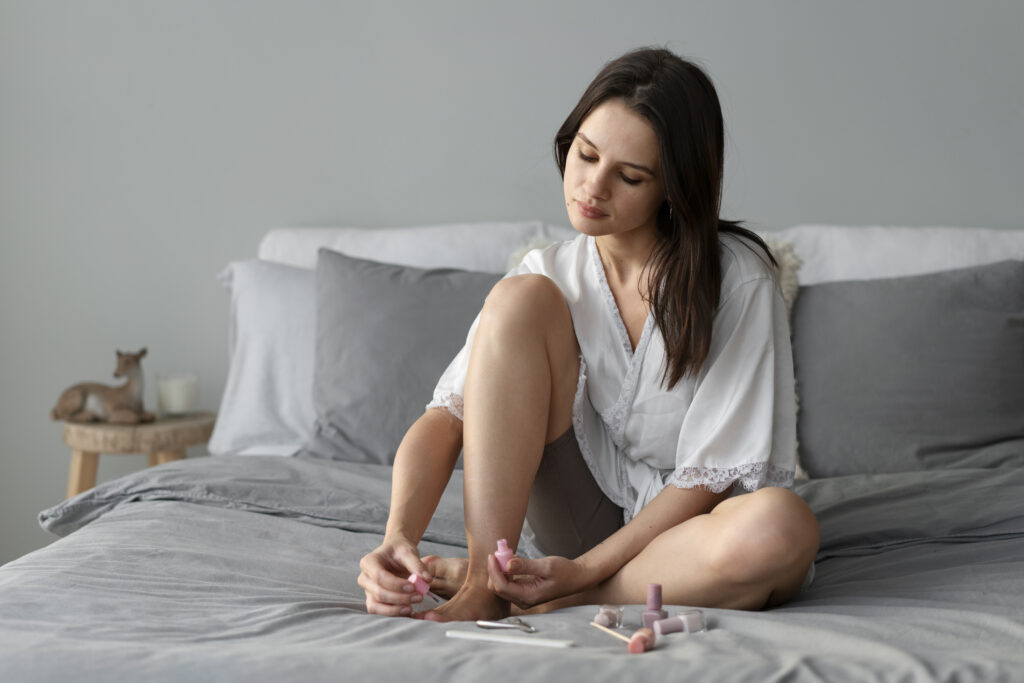Vulvar Dermatitis Treatment & Home Remedies

For women, the significance of vaginal health transcends mere sexual considerations; it profoundly influences various facets of overall well-being.how can i treat vulvar dermatitis at home Today, we delve into a prevalent dermatological concern—vulvar dermatitis—exploring its nuances and delving into effective treatment approaches.
The discomfort associated with this ailment, coupled with a pervasive lack of awareness among affected women, motivates us to expound on its intricacies.
Understanding Vulvar Dermatitis:
In medical terminology, ‘vulva’ pertains to the skin encircling the vaginal opening. Dermatitis, a versatile term, encompasses a spectrum of skin irritations marked by symptoms such as dryness, flakiness, itching, and inflammation.
Recognized as one of the most vexing skin conditions, dermatitis initiates with flakes and bumps, potentially escalating to blisters and more severe manifestations.
Prompt consideration and discussion of vulvar dermatitis treatment upon diagnosis become imperative to forestall escalating problems and discomfort. Left untreated, the condition, rooted in damaged skin, may precipitate severe complications.
For detailed insights, refer to Easy Peasy Skincare.
Identifying Symptoms:
While symptoms may vary contingent on factors like skin type, lifestyle, and diet, common manifestations of chronic vulvar dermatitis include skin rashes, itching, redness, tiny bumps, damaged or cracked skin, unusual discharge color, smelly discharge, and skin discoloration.
Unraveling Causes:
Health upheavals often stem from a myriad of culprits rather than a solitary factor. Potential triggers for vulvar dermatitis and impediments in its treatment include medications, uncomfortable attire, nylon undergarments, chemicals, and dyes, as well as hygiene products like soaps and detergents.how can i treat vulvar dermatitis at home Bacterial or fungal infections, scented tampons or pads, wet clothing, and sweating further compound the complexities.
Navigating Diagnosis:
Medical prudence dictates proper diagnosis before venturing into diverse treatment methods. Playing recklessly with unfamiliar ailments is ill-advised; hence, a thorough diagnosis, potentially involving patch testing or biopsy, becomes crucial.
Exercising Precautions:
Despite the vagina’s self-cleansing capability, vigilance against intrusive particles is vital for overall well-being. Adhering to a set of dos and don’ts proves beneficial for both those unfamiliar with the ailment and those seeking vulvar dermatitis treatment methods.
Maintaining vaginal health, whether a lifelong commitment or sporadic encounters with the condition, necessitates a balanced diet and meticulous hygiene practices.
Additional practices include using unscented soaps and warm water for cleansing, avoiding overwashing, opting for cotton undergarments, wearing loose-fitting clothes, incorporating healthy fats like omega-3 fatty acids, consuming soy for estrogen balance, and ingesting cranberries and probiotics to foster beneficial bacteria growth.
Applying a cold compress or taking a cold shower aids in alleviating inflammation and soothing itchy, cracked skin. Consistent moisturization proves pivotal in managing chronic vulvar dermatitis symptoms.
Vulvar Dermatitis Treatment:
Medical intervention, post-diagnosis, may involve oral medications or a specialized treatment cream. Concurrently, dermatologists may recommend abstaining from specific products and foods.
Anti-itch and anti-inflammatory medications, how can i treat vulvar dermatitis at home such as hydroxyzine, doxepin, or ointments like hydrocortisone and desonide, offer valuable assistance.
Home Remedies:
Home remedies, like employing coconut oil with its anti-fungal and anti-inflammatory properties, prove effective in healing cracked and itchy skin. Persistent issues might necessitate reconsideration of medications, potentially opting for stronger doses in consultation with a healthcare professional.
Maintaining precautionary measures remains imperative to avert symptom exacerbation over time, preventing potential adverse consequences.
In Conclusion:
Vulvar dermatitis or vulvar eczema manifests as a discomforting skin condition impacting the delicate folds surrounding the vagina, causing itching, redness, and general discomfort.
Read More:






Responses